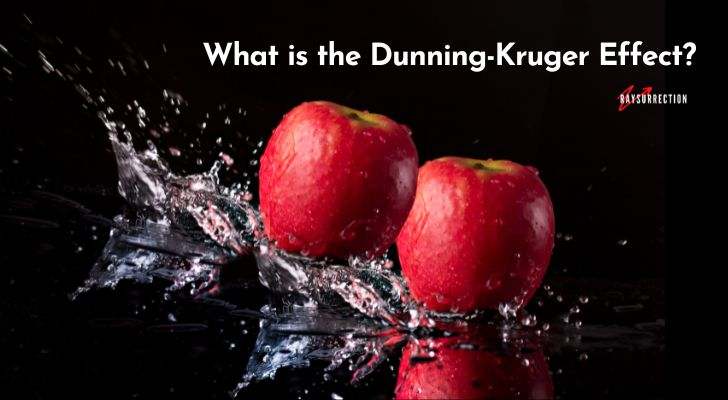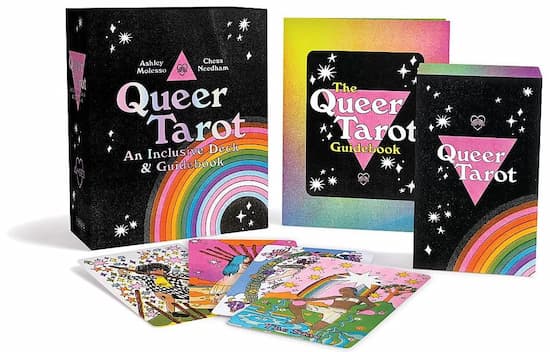The Dunning-Kruger Effect - have you ever heard of it? It happens when you don’t know as much as you think you do, but you overestimate your own abilities. It’s a phenomenon where the less you know, the more confident you are in what you think you know. On the flip side, when you actually do know a lot, you might doubt yourself because you're aware of how much you don't know.
In other words, when you're just starting out in a field or learning something new, you might feel like you've already mastered it. But once you dig deeper, that confidence starts to fade because you realize there’s so much more to learn.
This effect is named after two psychologists, David Dunning and Justin Kruger, who found that people who perform poorly on tests of skill tend to think they did much better than they actually did.
- When you first learn a bit about cooking, you might feel ready to host a dinner party, thinking you’ve nailed all the basics.
- You might pick up a few investment tips and suddenly feel like you can predict the stock market, even though you're only scratching the surface.
- After reading a few articles on a complex topic like climate change or politics, you might feel confident debating experts on the subject.
Why Ignorance Breeds Confidence
You’ve probably heard the phrase, “Ignorance is bliss.” In the case of the Dunning-Kruger Effect, ignorance is more than bliss—it’s also confidence. When you don’t know much about a topic, you have no idea how complex it actually is. You don’t realize all the things you don’t know yet, so everything seems simpler than it really is. That’s why, when you’ve only scratched the surface, you might feel like an expert.
This often shows up in all kinds of areas in your life—whether it’s your job, your hobbies, or even the opinions you hold about broader topics. It’s easy to feel like you know enough to give advice or argue your point when, in reality, you haven’t gotten deep enough to see how much more there is to understand.
- After watching a few YouTube tutorials on car repairs, you might feel ready to tackle a big job like changing your brakes, even though you don’t yet know what could go wrong.
- When you’ve just started working out, you might feel like you’re ready to share your fitness advice, even though you haven’t been training long enough to see how your body really responds over time.
- A couple of basic lessons in a foreign language might give you the confidence to say, “I speak this language,” when in reality, you’re still far from fluency.
Why Knowledge Breeds Humility
Here’s the twist: the more you know, the more humble you become. As you dive deeper into any subject, you start to realize just how vast it is. Instead of feeling like an expert, you start seeing all the things you still need to learn. This is why, when you’re really knowledgeable about something, you might actually doubt yourself more than you did when you were just getting started.
It’s not that you suddenly lose confidence—it’s that you have a better understanding of your own limits. You know what you know, but you also know there’s always more to discover. This kind of humility comes with experience and is a sign that you're moving beyond surface-level knowledge.
- When you’ve been practicing photography for years, you might hesitate to call yourself an expert because you know there’s always more to learn about lighting, composition, and technique.
- After years of learning a language, you might still feel cautious about saying you’re fluent because you’re aware of all the cultural nuances and regional variations that come with it.
- If you’ve been working in a specialized field for a long time, you might avoid coming up with simple solutions because you’ve learned that most problems are more complicated than they appear at first glance.
Why You Sometimes Think You’re a Genius
It’s easy to fall into the trap of thinking you know more than you do. Especially in today’s world, where you have instant access to information, you might feel like you can master any topic with a quick Google search. But the confidence you feel after learning a little doesn’t always reflect the reality of how much there is to know.
Part of the problem is that you rarely get tested in real life. If no one challenges your knowledge or points out what you don’t know, you can go on believing you’ve got it all figured out. The Dunning-Kruger Effect thrives in those situations where you’ve never really been pushed to see how much deeper a topic goes.
- After casually learning about a new diet, you might feel confident giving out nutrition advice without considering how different body types and lifestyles factor in.
- If you’ve only ever debated politics with people who agree with you, you might feel certain that your opinions are well-informed, even if you haven’t done deep research.
- After reading a few headlines about the economy, you might start offering investment advice to friends, despite not having a real background in finance.
When Confidence Meets Reality
Eventually, reality catches up. There comes a point where you realize you don’t know as much as you thought, either because you hit a wall in your learning or because someone more experienced points out what you’ve missed. This moment can be humbling and maybe even a little embarrassing, but it’s often a turning point.
Once you recognize how much more there is to learn, you start to approach things differently. You might ask more questions, listen more, and dive deeper into the subject. Instead of overestimating your abilities, you get a clearer picture of what you know and where you need to improve.
- You might try tackling a complex project at work, only to realize you don’t have the experience to handle it, leading you to seek out more training or help.
- If you’re a hobbyist musician who thought you were ready to perform, a bad performance might make you realize you need more practice before you’re stage-ready.
- Trying to fix a plumbing problem in your house might quickly show you that watching a few DIY videos doesn’t make you a plumber.
Recognizing the Dunning-Kruger Effect in Yourself
It’s easier to spot the Dunning-Kruger Effect in others than it is to recognize it in yourself. You might see someone talking confidently about a subject they barely know and think, “Wow, they don’t know what they’re talking about.” But when you’re the one in that position, it’s harder to see. The trick is to keep an eye on how certain you feel about your knowledge—if you’re feeling overly confident too soon, there’s a good chance you’re underestimating how much more there is to learn.
Pay attention to how often you feel like you’ve “figured it out” after just a little exposure to something. When you get that feeling, remind yourself that there’s probably a lot more to the subject than you realize. It’s okay to be excited about learning something new, but keep in mind that there’s always more to uncover.
- After learning some basic facts about history, you might feel ready to argue about events with someone who has a degree in the subject, but you could be missing key details.
- If you’ve picked up a few photography tips, you might critique someone else’s work without realizing that professionals have years of experience refining their craft.
- When you’re new to a hobby like knitting or painting, you might feel like you’re improving quickly, but there’s a whole world of techniques you haven’t even touched yet.
The Takeaway
The Dunning-Kruger Effect is something you’ve likely experienced without even realizing it. It’s that feeling of confidence that comes when you first start learning something, only to have it fade as you dig deeper and realize how much more there is to learn. The less you know, the more you might think you know. But once you truly dive into a subject, you begin to see your own limits.
So, the next time you’re feeling overly confident about a new skill or topic, remember that there’s probably a lot more to it than you realize. And if you’re feeling unsure even though you’ve been working hard at something for a while, take it as a sign that you’re gaining real knowledge.





